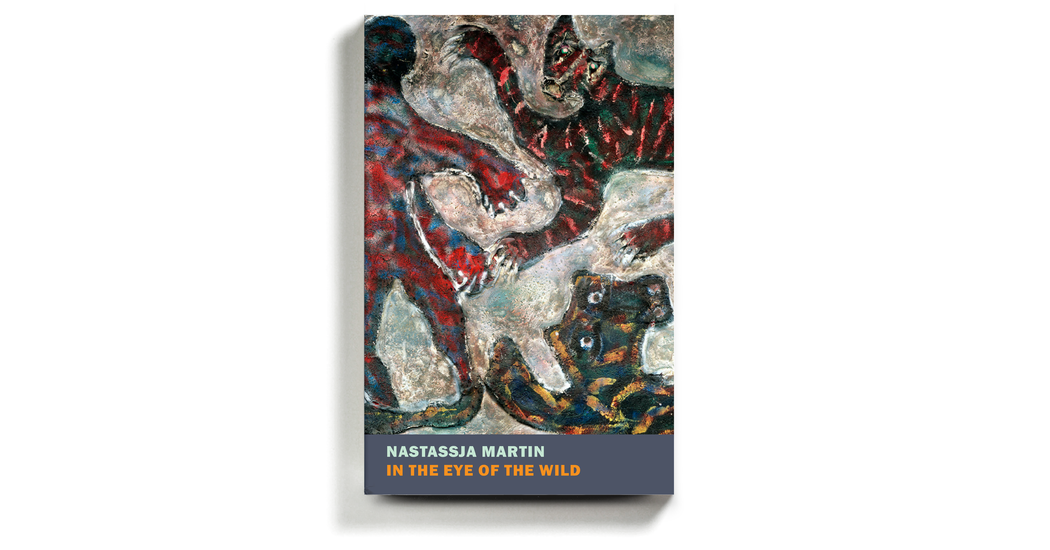
The bear tore off part of Martin’s jaw and two of her teeth; Russian doctors installed a metal plate in her face, which French doctors later replaced. (“My jaw is made the scene of a Franco-Russian medical Cold War.”) “I see myself mechanized, robotified, dehumanized,” Martin writes. But she also felt an enormous gratitude to her French surgeon and “her civilized hands, which seek solutions to the problems of wild animals.”
Martin was 29 years old at the time, and we learn little about her life before. Her father died during her adolescence, and as a child she was always in search of adventure: “The anti-life consisted of the classroom, mathematics and the city.” Before the encounter, the Evens were already calling her matukha, or “she-bear.” It sounds like a coincidence, but Martin describes the encounter as something else. “I had to go to meet my dream,” she says of the event, realizing that it sounds absurd. But “absurdity” and “coincidence” are categories that cease to be useful to her. “There is only resonance,” she writes.
Returned to the ostensible safety of civilization, Martin noticed that the things people said to her were often oblivious and cruel. One hospital therapist asked her how she was feeling, “Because, you know, the face is our identity.” Others murmured how “pretty” she must have been “before.” A visiting relative, presumably trying to comfort her, said, “It could be worse, you just look like you’re fresh out of the gulag.” Martin decided that she had to go back to Kamchatka. A friend compared her to Persephone, “who returns annually to the underworld in order the better to climb back up into the light.”
As an anthropologist, Martin had spent her career learning about animism, the belief that the world is imbued with spiritual forces beyond human intention. She found herself drawn to “the tanglement of ontologies, the dialogue between worlds” — intriguing ideas, or that’s what she told herself. Animism was something that was “nice material to write about,” she says, before she was yanked out of her presumption that she could somehow keep herself at a distance, as an observer, without also being acted upon. Before the bear, she had started to dream — chasing a wolf, following a beaver. This, she says, marked an “inner disturbance”; she was still herself, but her unconscious was in search of something else.
After the bear, the Evens called her medka — a human who has been “marked by the bear” and lives between worlds. Some of them wanted to avoid her, while others tried to reassure her. “The bears give us a gift: You, by leaving you alive,” said Daria, one of her Even friends in Tvayan. Martin felt both moved and repulsed — touched by the awareness of something beyond human intention, but also irritated that these “absent participants” felt entitled to interpret an event that had happened not to them but to her. “This is precisely why I keep coming up against reductive and even trivializing interpretations, however lovingly meant,” she writes. “We are facing a semantic void, an off-script leap that challenges and unnerves all categories.”



